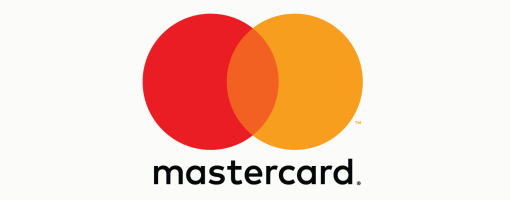Mastercard is increasing the interchange fees that can be charged by banks on e-commerce merchants by five times, when UK shoppers buy from merchants in the European Economic Area (EEA) following Brexit.
The increase in fees on merchants may result in higher prices for shoppers if the fees increase is passed onto them. After Brexit, online UK buyers are already subject to new import duties when they buy direct from European merchants and those costs are not absorbed by the merchants themselves.
The fees increase is a result of the UK now not being subject to a 2015 move by the European Commission to cap the fees that can be levied on merchants' banks in the EEA, maintains Mastercard.
The Commission's regulation imposed a cap of 0.2 per cent of the transaction value for consumer debit cards and 0.3 per cent for credit cards.
The caps apply to any transaction where both the retailer’s bank and the card issuer are located within the EEA.
But from 15 October 2021, Mastercard says it will charge 1.5 per cent of the transaction value for every online credit card payment from the UK to the EU.
For debit cards the fee will jump to 1.15 per cent of the transaction value.
Both Mastercard and Visa charge an interchange fee - typically paid by a merchant’s bank to the cardholder's bank - and which merchants usually have to pay down the line.
The planned increase in fees will benefit card issuers, rather than Mastercard itself directly.
Visa has so far not said if it will follow Mastercard increasing interchange fees.
In a statement released by Mastercard, the payments firm said: “As a result of the UK leaving the EEA, Mastercard will adapt interchange rates on UK cards to the commitments it gave the European Commission in 2019 for non-EEA card transactions.
“In practice, only EEA merchants making e-commerce sales to UK cardholders will see a change.”
Mastercard has not commented on whether e-commerce merchants could pass on the increased fees to consumers in higher prices at the checkout.
Last month, the UK Supreme Court allowed a £14bn class action suit against Mastercard to go ahead.
Mastercard is being accused of allegedly overcharging more than 46 million people in Britain over a 15-year period - through inflated transaction fees.
The new increases could also affect the price of consumer transactions for good and services when something is bought in the UK and the seller moves the money through an EEA headquarters - such as an airline or hotel chain
As a result of the new import duties and VAT now being levied by the UK's HMRC on goods sent to the UK from the EEA, some merchants have now started to block UK sales.
If the Mastercard charges are passed onto consumers, it may help grow those FinTechs using Open Banking rules to avoid the payments networks run by Mastercard and Visa.
Latest News
-
Topshop launches dedicated EU website
-
Amazon to close first UK fulfilment centre, 590 roles affected
-
Walmart’s drone delivery service kicks off in Houston
-
Currys hires new head of customer data
-
Coca-Cola abandons Costa Coffee sale after bids fall short of £2bn target
-
Lidl appoints chief customer officer
Beyond Channels: Redefining retail with Unified Commerce
This Retail Systems fireside chat with Nikki Baird, Vice President, Strategy & Product at Aptos will explore how unified commerce strategies enable retailers to tear down these barriers and unlock new levels of operational agility and customer satisfaction.
The future of self-checkout: Building a system that works for consumers and retailers
In this webinar, industry leaders discussed what the future of self-checkout looks like and how retailers can make the technology work for everyone.
© 2024 Perspective Publishing Privacy & Cookies










Recent Stories